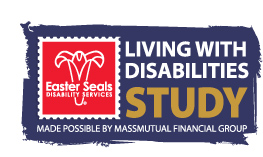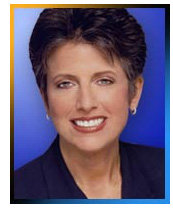Easter Seals welcomes the 112th Congress
by Katy Beh Neas
 The incoming 112th Congress brings many new faces to Washington, D.C. Easter Seals pledges to work with returning and new members on legislation benefiting people with autism and other disabilities.
The incoming 112th Congress brings many new faces to Washington, D.C. Easter Seals pledges to work with returning and new members on legislation benefiting people with autism and other disabilities.
The bulk of Easter Seals work is done at the committee level, where the committee chair sets the agenda. Many House committees (such as Education and Labor, Ways and Means, and Transportation, along with the Appropriations’ Health, Employment, Labor and Pensions Subcommittee) will have new leadership come 2011.
Our office of Public Affairs staff has a strong history of working for bipartisan support with Senate leaders on the Health, Education, Labor and Pensions (HELP), Finance and Transportation committees and the Appropriations’ Subcommittee on Labor, Health, and Human Services, Education and Related Agencies. Leadership of these Senate committees and subcommittee is not anticipated to change with the 112th Congress.
And so, like always, in 2011 Easter Seals will work to schedule meetings with returning and new members to share our mission and legislative goals.







 Hello from the Easter Seals Annual Convention in Chicago!
Hello from the Easter Seals Annual Convention in Chicago!  Once a semester, a Disability Culture class from DePaul University takes a field trip to my apartment. The idea is for students to get a glimpse, so to speak, of what it’s like to be blind and live in a big city.
Once a semester, a Disability Culture class from DePaul University takes a field trip to my apartment. The idea is for students to get a glimpse, so to speak, of what it’s like to be blind and live in a big city. The
The